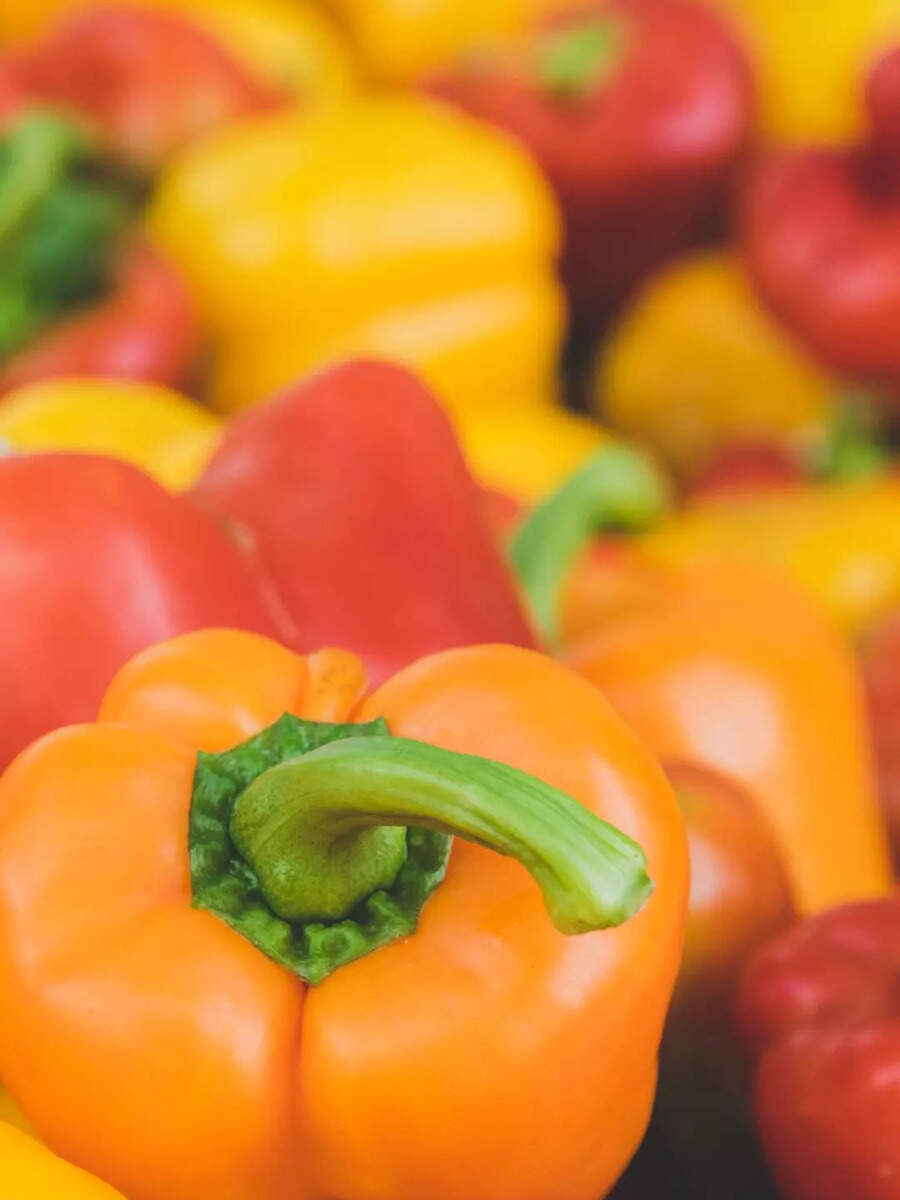Health
Seven Vegetables to Naturally Alleviate Bloating and Gas

Bloating and gastrointestinal discomfort are common issues that many people experience. Incorporating specific vegetables into your diet can provide natural relief by targeting gas and reducing belly pressure. Health experts emphasize the benefits of low-FODMAP vegetables, which are easier on the digestive system and can be seamlessly integrated into daily meals without compromising taste.
Understanding Bloating and Its Causes
Bloating can arise from various factors, including dietary choices, digestive health, and individual food sensitivities. Foods high in certain carbohydrates, known as FODMAPs, can contribute significantly to gas production and discomfort. The low-FODMAP diet, initially developed for managing symptoms of irritable bowel syndrome (IBS), has gained recognition for its ability to alleviate bloating for many individuals.
According to research published by the University of Monash, a leading institution in dietary studies, adopting a low-FODMAP diet can significantly improve gastrointestinal symptoms for those suffering from related conditions. The diet focuses on reducing certain fermentable sugars that are poorly absorbed in the intestine, thus minimizing gas and bloating.
Seven Vegetables to Incorporate
The following seven vegetables are recognized for their low-FODMAP content and gut-soothing properties:
1. **Zucchini**: This versatile vegetable is easy to digest and can be used in various dishes, from salads to stir-fries. One cup of cooked zucchini contains about 36 calories and is packed with nutrients.
2. **Carrots**: Rich in fiber and vitamins, carrots are not only low in FODMAPs but also help promote digestive health. They can be enjoyed raw, steamed, or roasted, making them a convenient addition to any meal.
3. **Spinach**: This leafy green is not only low in carbohydrates but is also an excellent source of iron and magnesium. Spinach can be easily added to smoothies, omelets, or salads, enhancing both flavor and nutritional value.
4. **Cucumber**: Known for its high water content, cucumber is refreshing and easy on the stomach. It makes an ideal snack or salad ingredient, helping to hydrate while providing essential nutrients.
5. **Bell Peppers**: Available in various colors, bell peppers are a rich source of antioxidants. They can be eaten raw or cooked and add a vibrant touch to salads, stir-fries, and sandwiches.
6. **Green Beans**: These are not only low in FODMAPs but also provide a good source of vitamins A, C, and K. Green beans can be steamed or sautéed for a nutritious side dish.
7. **Potatoes**: A staple in many diets, potatoes are low in FODMAPs when eaten in moderation. They are versatile and can be prepared in numerous ways, including baking, boiling, and mashing.
Incorporating these vegetables into your meals can help manage bloating while providing essential nutrients that support overall health. Nutritionists recommend starting with small servings to monitor individual reactions, as tolerance levels can vary.
The key to reducing bloating naturally lies in understanding your body and making informed dietary choices. By focusing on low-FODMAP vegetables, individuals can create flavorful and nutritious meals that contribute to a healthier digestive system.
-

 World4 months ago
World4 months agoSBI Announces QIP Floor Price at ₹811.05 Per Share
-

 Lifestyle4 months ago
Lifestyle4 months agoCept Unveils ₹3.1 Crore Urban Mobility Plan for Sustainable Growth
-

 Science3 months ago
Science3 months agoNew Blood Group Discovered in South Indian Woman at Rotary Centre
-

 World4 months ago
World4 months agoTorrential Rains Cause Flash Flooding in New York and New Jersey
-

 Sports3 months ago
Sports3 months agoBroad Advocates for Bowling Change Ahead of Final Test Against India
-

 Top Stories4 months ago
Top Stories4 months agoKonkani Cultural Organisation to Host Pearl Jubilee in Abu Dhabi
-

 Science4 months ago
Science4 months agoNothing Headphone 1 Review: A Bold Contender in Audio Design
-

 Top Stories4 months ago
Top Stories4 months agoAir India Crash Investigation Highlights Boeing Fuel Switch Concerns
-

 Sports3 months ago
Sports3 months agoCristian Totti Retires at 19: Pressure of Fame Takes Toll
-

 Business4 months ago
Business4 months agoIndian Stock Market Rebounds: Sensex and Nifty Rise After Four-Day Decline
-

 Politics4 months ago
Politics4 months agoAbandoned Doberman Finds New Home After Journey to Prague
-

 Top Stories4 months ago
Top Stories4 months agoPatna Bank Manager Abhishek Varun Found Dead in Well









